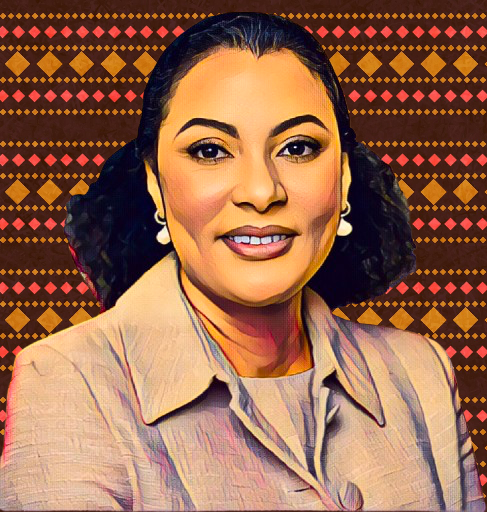KEY POINTS
- Nigeria’s reforms aim to attract private capital for growth.
- Uzoka-Anite says reforms are driving economic stability and disinflation.
- FG seeks balance between domestic borrowing and fiscal discipline.
The Federal Government says its ongoing economic reforms are designed to attract private capital and address the vast investment needs required to grow the Nigerian economy.
Minister of State for Finance, Dr. Doris Uzoka-Anite, disclosed this during a roundtable forum hosted by the United Bank for Africa (UBA) on the sidelines of the IMF and World Bank Annual Meetings in Washington, D.C.
The event marked the launch of UBA’s white paper, “Banking on Africa’s Future: Unlocking Capital and Partnerships for Sustainable Growth.”
Uzoka-Anite said the government expects the African payment system being developed by Afreximbank to open new investment opportunities and strengthen regional financial integration.
Reforms delivering growth and economic stability
“We want to reassure you that government reforms are taking hold in big ways,” Uzoka-Anite said.
She cited the removal of fuel subsidies, the unification of exchange rates, and fiscal discipline as critical steps driving macroeconomic stability.
According to her, the Nigerian economy has recorded sustained growth for four consecutive quarters — evidence that the reforms are yielding tangible results.
“We’ve done the impossible within two years removing distortions in pricing, reducing inflation, and maintaining steady growth,” she said.
Uzoka-Anite emphasized that the government is reforming the financial, energy, and capital markets to deepen access for small and medium enterprises and encourage public-private partnerships. She also added that Nigeria is targeting a 7% growth rate and remains on course to achieve it.
FG seeks balance in borrowing and fiscal discipline
Speaking on the government’s borrowing challenges, Uzoka-Anite admitted that Nigeria faces a “borrowing paradox” as it strives to balance domestic and international financing.
She noted that while international borrowing exposes the country to exchange rate risks, excessive local borrowing can crowd out private sector credit.
“It’s a paradox, but we must solve it,” she said, adding that the government will prioritize leveraging domestic capital markets before turning to foreign sources.
The minister further praised UBA for its research and advocacy on capital mobilization and inclusive economic growth across Africa.


